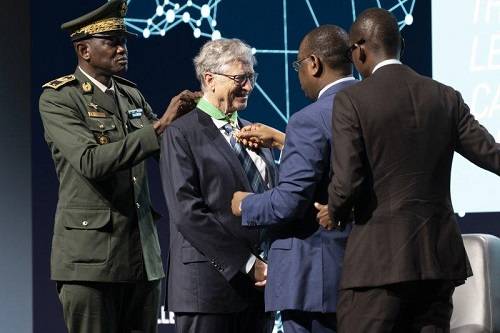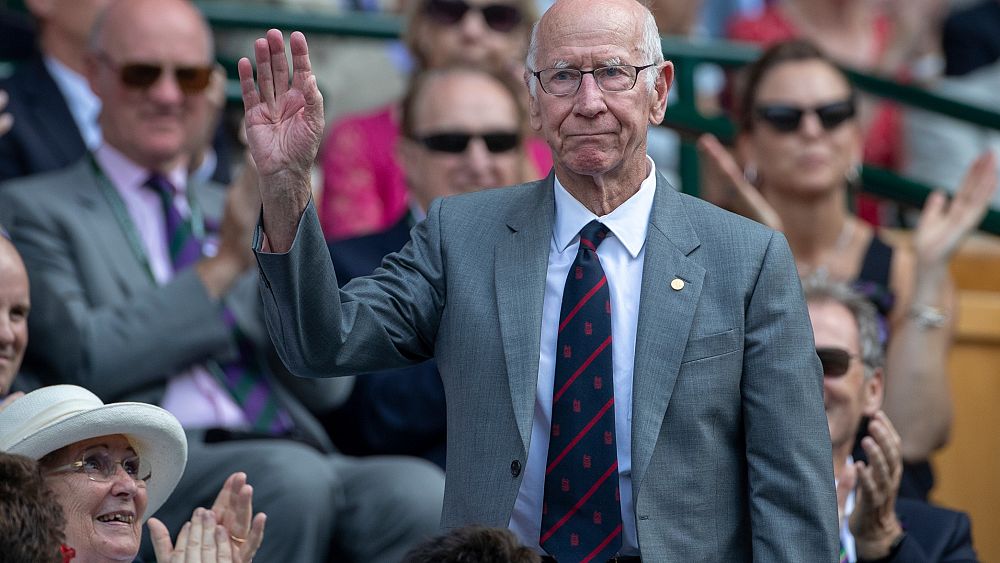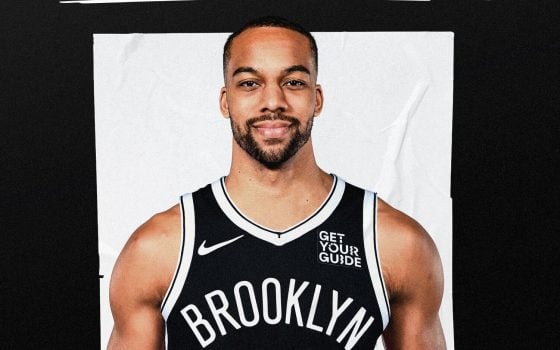Africa’s quest to produce at least 60 per cent of vaccines needed on the continent by 2040 has received a major boost with the announcement of a US$ 40 million funding by the Bill and Melinda Gates Foundation (BMGF).
Following the COVID-19 pandemic, the African Union is pursuing an agenda of vaccine development and distribution across the continent to reverse the over reliance on wealthy countries for vaccine supply and promote health security.
Currently, 99 per cent of vaccines administered on the continent are imported compared with only one per cent produced locally.
Opening this year’s Grand Challenges Global Health meeting here, Co-Chair of the Foundation, Mr Bill Gates said the investment was to scale up messenger RNA (mRNA) vaccines on the continent as a major step to ensuring vaccine equity.
“We are supporting the company Quantoom to help it finish developing its breakthrough low-cost mRNA platform and we are supporting Biovac in South Africa and Institut De Pasteur (IPD) here in Senegal to acquire the technology and start making mRNA vaccines.
The IPD and Biovac research institutes with vaccine manufac
turing experience based in Senegal and South Africa respectively, will receive US$5 million each. The foundation also will provide US$20 million to Quantoom Biosciences, ensuring lower and middle income countries (LMICs) can benefit from the next generation mRNA health tools and another US$10 million would be given to other LMIC vaccine manufacturers to be named,” he stated.
According to Mr Gates, the mRNA technology was a promising approach to bridging the vaccine inequity gap and combat various bacterial and viral infections other than COVID-19 on the continent.
He called for stronger regulatory systems “that rigorously protect people’s health” adding that, “ as regulators have done with COVID, polio, and early on—HIV, regulators can use their emergency authority to consider the full context when making decisions and part of that should be that saving lives in poor countries is just as urgent as saving lives in rich ones.”
The President of Senegal, Mr Macky Sall, said the COVID-19 pandemic showed Africa’s lack of preparedness towards health emergencies which was why collaboration must be strengthened moving forward to achieve vaccine sufficiency.
“The pandemic has taught us that no country can survive on its own. Others are vulnerable and to address the needs of our people, scientific research must be supported and invested into.
As we strive to make vaccines, Africa must push to ensure that vaccines produced can be marketed on global platforms,” he urged.
Dr Amadou Sall, the Chief Executive Officer at IPD, said the deal would help build vaccine self-reliance in Africa.
He said, the institute had already been producing yellow fever jabs since the 1930s and hopes mRNA technology could be harnessed to produce vaccines for diseases endemic on the continent like Lassa fever, Rift Valley fever and Crimean-Congo hemorrhagic fever.
“What we want is next time there is a pandemic — we hope it won’t happen soon — Africa would be able to make its own vaccine, to contribute to the development, and make sure that we protect the population.”
On the overall theme; “Science Saves Lives,” this year’s Grand Challenges Annual Meeting brings together over 2000 participants drawn from global researchers, innovators, scientists, research and development funders, policy- and decision-makers among others to explore the frontiers of science and innovation to saving and improving lives.
The three-day meeting is co-hosted by the Global Grand Challenges network of partners and the Government of Senegal, and sponsored by Grand Challenges Canada, the United States Agency for International Development, Wellcome and the Bill & Melinda Gates Foundation (BMGF).
BY ABIGAIL ANNOH, DAKAR-SENEGAL



















Discussion about this post